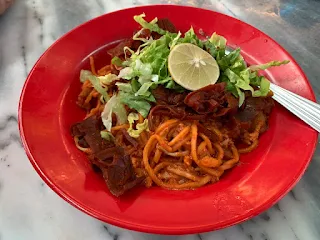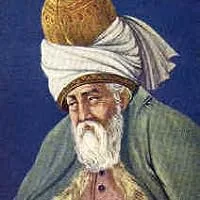Dead to Me (S1-S3, E1-10; 2019-22)
TV Series
The fallen will often be pacified with the conviction that truth will eventually prevail. If someone is accused of something he did not do, he will find solace in telling himself that the truth will set him free. Everybody thinks the Universe will take its own sweet time, but justice will meted out in the end.
Everyone is told to look at the bigger picture and concentrate on winning the war, not merely the tiny battles. At least, this is what the lawyer will advise his client. The truth will not come out breaking through the walls with a flying cape to save the day. It has to be fought with tooth and nail. Court cases are won by shrewd legalese minds with all the money they can continue paying. The promise of justice at the higher courts is shrouded by the need for more retention fees.
Therefore, I have come to think I will follow the wise words of the not-so-wise Malaysian parliamentarian who went Hansard saying, "It is not wrong to take a bribe; it is also wrong when you get caught!" One has to look in all directions, cover the bases, dot his 'i's and cross his 't's as and when he is caught in a potentially incriminating situation or even commit a crime himself. Even if he does not get away scot-free, his defence team can at least create an element of doubt in the prosecutor's arguments.
The law is such a pain that it favours those in power. Even God cannot save his priest, as witnessed by the numerous pending court cases. The only thing that is keeping them away from being cooped behind bars is not God's grace but good old-fashioned moolah that gets them good representations!
This dark comedy starts with a mother of two, Jen, a realtor, mourning over the death of her husband. He was hit by a speeding car at 2 o'clock in the morning. Jen attends a support group where she befriends Judy. Unbeknownst to Jen, Judy was the driver of the hit-and-run vehicle. Judy, remorseful of her act, tries to make amends with Jen. Meanwhile, Judy herself is moaning over her five previous miscarriages and her imminent divorce.
Things become complicated as police investigations hit an impasse. The plot thickens as Jen finds out his loving husband had an affair. Judy discovers that her husband is involved with the Greek mafia. Meanwhile, an argument with Steve ends with Jen killing him and hiding his body in her freezer. The story becomes increasingly complicated with Jen covering her crime, Judy concealing her accident, and both developing an unbreakable bond. Only on the TV/silver screen, a morbid subject like death and murder can be turned into entertainment. And a perfect crime is actually possible.
























.jpeg)








